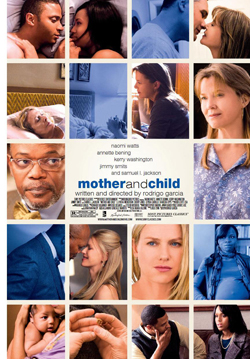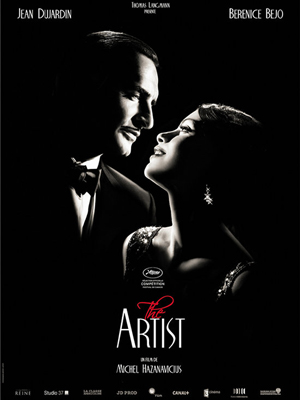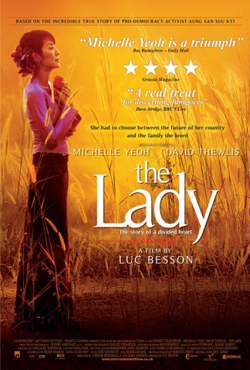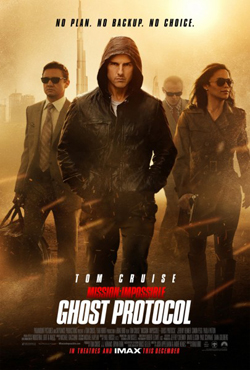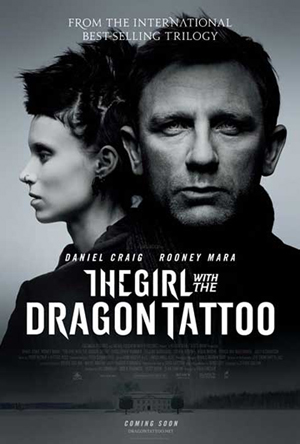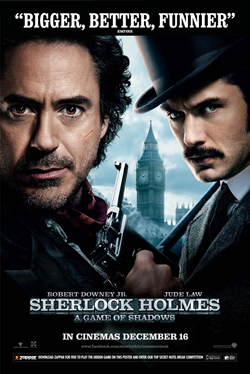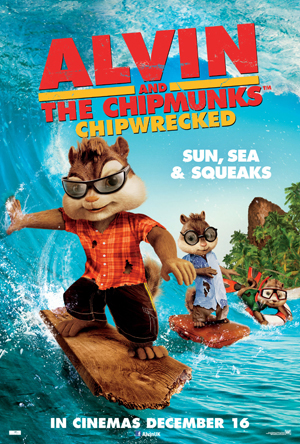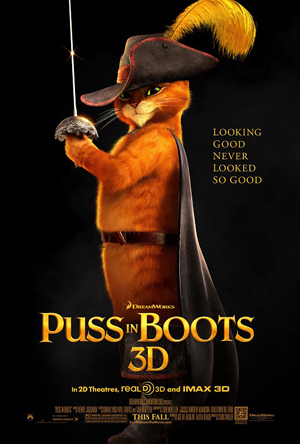War Horse ***
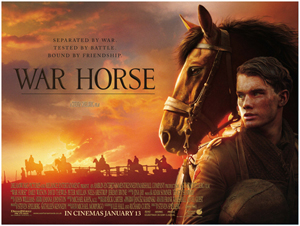 If ever a film was openly seeking Oscar recognition, it’s Steven Spielberg’s latest solemn contender, War Horse, coming hot off the heels of his recent fun family adventure, The Adventures of Tintin: The Secret of the Unicorn. No stranger to evoking emotions when he so desires in his dramatic cinematic offerings that include Schindler’s List, Saving Private Ryan and E.T., the visionary filmmaker puts his money on a guaranteed winner in the Awards race – Joey the horse: It’s a shame there are no animal Oscars up for grabs.
If ever a film was openly seeking Oscar recognition, it’s Steven Spielberg’s latest solemn contender, War Horse, coming hot off the heels of his recent fun family adventure, The Adventures of Tintin: The Secret of the Unicorn. No stranger to evoking emotions when he so desires in his dramatic cinematic offerings that include Schindler’s List, Saving Private Ryan and E.T., the visionary filmmaker puts his money on a guaranteed winner in the Awards race – Joey the horse: It’s a shame there are no animal Oscars up for grabs.
Set around the time of the Great War, a young Devonshire farm boy called Albert (Jeremy Irvine) forms a deep bond with a spirited horse called Joey, and with some training and a lot of trust, tries to save his struggling parents, the Narracotts (played by Peter Mullan and Emily Watson), from financial ruin at the hands of their unscrupulous landlord Lyons (David Thewlis). But times are hard, and against Albert’s wishes, Joey is sold to the Army to be enlisted as a trusty officer’s steed. There continues one brave thoroughbred’s experiences of the Somme trenches from both sides of the equation, and a longing to one day be reunited with his master.
Spielberg and writers Lee Hall (Billy Elliot) and Richard Curtis (The Boat That Rocked and Blackadder) have taken Michael Morpurgo‘s 1982 novel and subsequent successful West End stage play of the same name and created a distinctive Spielberg epic that even finds time to pause for a moment of ironic wit on the killing fields – possibly a Curtis-penned input. The horse’s point-of-view narrative is not as obvious as Morpurgo’s written word, but the sentiment that this story’s protagonist and prime hero is Joey is still apparent, particularly as a real animal is used, rather than any stage puppet or CG.
In turn, this enables the filmmakers to deliberately tug on our animal-loving heartstrings and trigger some gushing sentimentality – with a lot of help from maestro John Williams’ stirring score – as a poignant reminder of all our fallen heroes, past and present, human and beast. In mimicking elements of his past war recreations, the Oscar-winning Schindler’s List and Saving Private Ryan, in conviction and design, Spielberg offers a 12A-compatible film that demonstrates the futility of war and regrettable loss, without the disturbing blood and gore count of Private Ryan’s battlefield.
Indeed, though it’s necessary at the start to witness the seeds of a strong relationship between nag and man being sown to carry this tale through to reconciliation – particularly as it’s important to not lose the human relationship element, courtesy of some fine acting from Mullan, Watson and Irvine, the first-quarter of the film still feels drawn out and excessive. It’s only after the highly impressive charge by the British cavalry that the film’s driven momentum and purpose takes effect. And this is where Spielberg still excels in his fighting reconstructions, opening up the depth and breadth of the scorched and tortured landscape in his Somme vistas, wider than any cinema screen might possibly allow.
However, the film has a curious, mismatched pace to it, almost uneven as it tries to decide on how it wants be received – something replicated in its bizarre mix of real-life exposure and Gone with the Wind-styled, super-chroma-boosted cinematography. Rather than marrying the various key scenes in the film, including the charge of the cavalry, a shocking execution and a reality-defying gallop through No Man’s Land, the pockets of lighter relief seem to both trivialise and detract from the sombre but striking messages that, say, Spielberg’s Schindler’s List and Saving Private Ryan are known and respected for. These moments also highlight irrelevant narrative padding, such as the extensive French-farmer-and-granddaughter domestic scenes that might provide a respite from the muddy trenches and a way to tie up loose ends in the finale, but merely digress from more important matters.
The only lighter and quite amusing moment of any worth, away from all the sadness and melodrama, is (spoiler) when a Geordie soldier (Toby Kebbell) and a German soldier (Hinnerk Schönemann) join forces in the middle of No Man’s Land to release trapped Joey, sharing a bit of banter over a pair of wire cutters. Not only does this serve the purpose of thrilling any Blackadder Goes Forth fan, but speaks volumes about the absurdity of the whole desperate war situation. Joey the horse is reemphasised as the unintentional hero, further bolstering our affections.
It might be deemed rather crass by Spielberg to strategically toy with our emotions in such a way, and to a certain extent, this type of film makes no apologies for that, down to its grand, vibrantly coloured end palette – like an enrolment poster campaign of the time. However, Spielberg has a gift of simplifying historical events for family viewing, mitigating the grim facts but still delivering a sizable punch to the senses. On the whole, War Horse may accentuate a naïve perspective of going to war and its consequences, but its moving romanticism, though prolonged and mawkish for some, is well meant.
3/5 stars
By @FilmGazer

